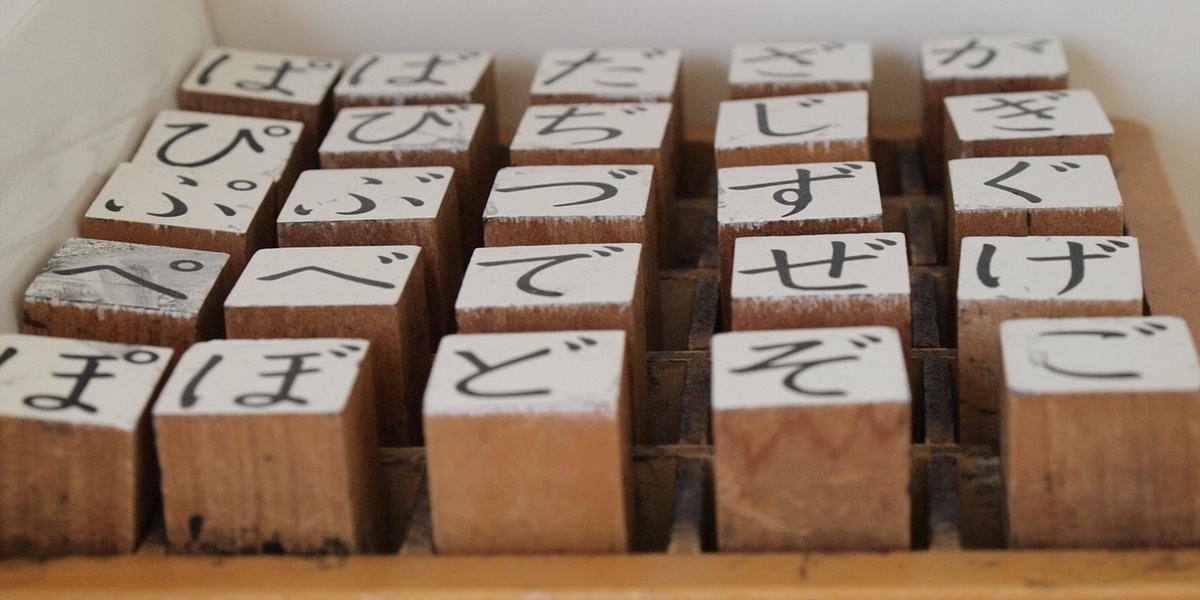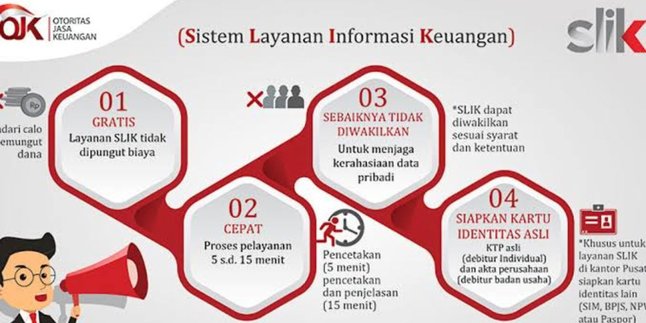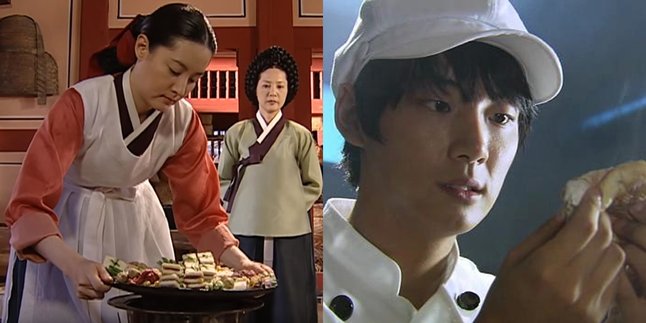Kapanlagi.com - In Japanese, verbs known as 'doushi' play a central role in sentence structure. This article will explain a Japanese verb such as the definition of verbs, explore various types, including godan and ichidan verbs, and discuss the concepts of auxiliary, causative, and passive verbs.
With a deep understanding of Japanese verbs, readers will be able to explore the richness of the Japanese language through interesting and varied example sentences. So, this is suitable for beginner learners, in order to learn how to use the Japanese language and enrich your daily communication in Japanese.
Here is an explanation of Japanese verbs from the definition, types, to example sentences. Let's check it out, KLovers.
1. Definition of Japanese Verbs

Illustration (credit: pixabay.com)
In Japanese, "kata kerja" is also called "doushi". Japanese verbs or doushi are part of speech that describe actions, states, or events. Examples of simple Japanese verbs that you can know include Taberu (to eat), Hashiru (to run), and Kaku (to write).
Verbs are an important part of forming sentences in Japanese because they indicate the activity or state of the subject in a sentence. In addition, it is important to understand verb conjugation in Japanese because this conjugation will change the form of the verb according to tense, state, or adverb.
In addition, honorifics and politeness also affect the use of verbs in your daily conversations in Japanese. By understanding the definition and function of verbs in Japanese, you will be able to construct accurate and clear sentences when communicating in the language.
2. Types of Verbs in Japanese

Illustration (credit: pixabay.com)
There are several ways to form Japanese verbs. Yes, just like the explanation above, these types of Japanese verbs are used to emphasize the meaning of our sentences. In addition, these types of Japanese verbs also represent levels of honor and politeness. Here are some of the types of Japanese verbs:
1. Basic Verbs (Godan and Ichidan)
- Godan Verbs
Godan verbs (or sometimes called five-level verbs) are verbs that end with different syllables and follow different conjugation patterns. An example is the verb "taberu" (to eat) which is conjugated as "tabemasu" (formal) and "taberu" (informal).
- Ichidan Verbs
Ichidan verbs (or one-level verbs) are verbs that end with the syllable "ru" and follow simpler conjugation patterns, usually by replacing "ru" with "masu" for formal form and removing "ru" for informal form. An example of an ichidan verb is "nomu" (to drink) which is conjugated as "nomimasu" (formal) and "nomu" (informal).
2. Auxiliary Verbs
In Japanese, there are auxiliary verbs (also often called additional verbs) such as "suru" (to do) - informal form, "Shimasu" - formal form, and "kuru" (to come) - informal form, "kimasu" - formal form, which are used together with other verbs to form more complex meanings or to express specific actions.
3.Causative and Passive Verbs
Causative and passive verbs are formed by adding certain endings to the base verb. For example, to create a passive verb, add the endings "areru" or "rareru" to the base form of the verb, such as "taberareru" (can be eaten). And when a causative verb is formed, add the ending "aseru", such as the verb "kau" (to let buy) becomes "kawaseru".
4.Transformative Verbs
Transformative verbs, such as "ageru" (to give) and "kureru" (to receive), are added to the base verb to express the action of giving or receiving something to or from someone else.
5.Compound Verbs
This type of verb is formed by combining several verbs to create a new meaning. For example, "hanashitekureru" is a combination of "hanasu" (to speak) and "kureru" (to do), which means "to discuss". The word "hanashitekuremasu" becomes a formal form, while "hanashitekureru" is an informal form.
3. Example Sentences with Japanese Verbs

Illustration (credit: pixabay.com)
In Japanese, verbs, or doushi, play an important role in sentence formation. Here are some example sentences that demonstrate the usage of verbs in various contexts:
1. Sentences with Godan Verbs (five levels)
"Watashi wa mainichi nihongo o benkyou shimasu."
Meaning: I study Japanese every day.
"Kanojo wa asa hayaku joggingu o shimasu."
Meaning: She runs in the morning.
2. Sentences with Ichidan Verbs (one level)
"Kare wa maiban koohii o nomimasu."
Meaning: He drinks coffee every night.
"Kodomotachi wa kouen de asobimasu."
Meaning: The children play in the park.
3. Sentences with Auxiliary Verbs
"Tanaka-san wa purezen o shimasu."
Meaning: Mr. Tanaka will give a presentation.
"Watashitachi wa shuumatsu ni ryokou ni ikimasu."
Meaning: We will go on a vacation this weekend.
4. Sentences with Causative and Passive Verbs
"Sono kuruma wa shuuri saremashita."
Meaning: The car has been repaired.
"Kodomotachi wa sensei ni eigo o oshieraremasu."
Meaning: The children are taught English by the teacher.
5. Sentences with Combined Verbs
"Kare ga watashi ni nihon no bunka o shoukai shite kuremashita."
Meaning: He introduced Japanese culture to me.
"Tomodachi ga atarashii eiga o misete kuremashita."
Meaning: My friend showed me a new movie.
Those are some explanations about Japanese verbs. With a deep understanding of verbs in Japanese, we can enrich expression and communication in various contexts.
(kpl/dhm)
Disclaimer: This translation from Bahasa Indonesia to English has been generated by Artificial Intelligence.















